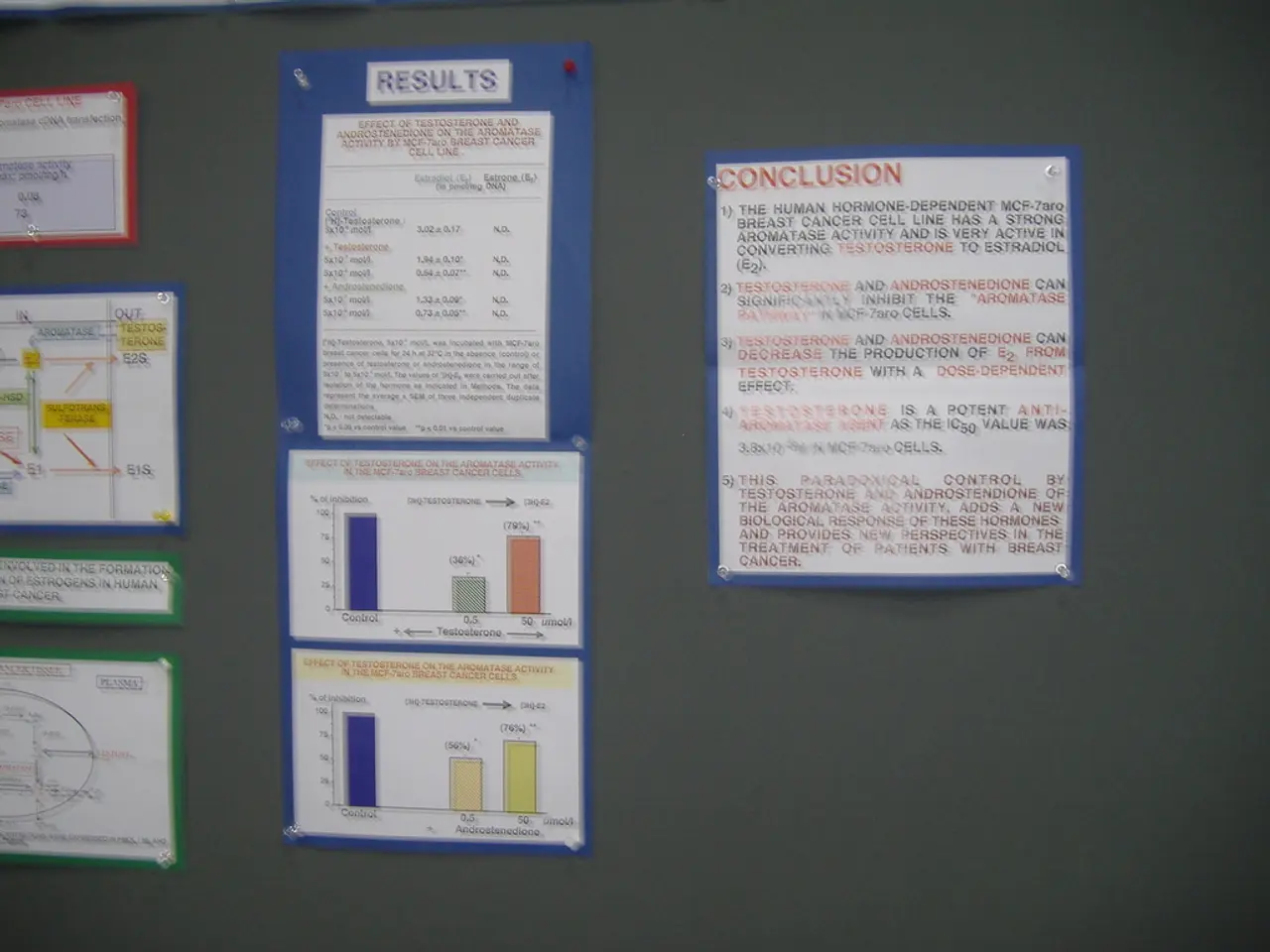Collaboration teeters on the brink, with barely enough daring endeavors.
The Black-Red federal government, led by Chancellor Friedrich Merz, is pursuing a new era of economic policy, marked by record government spending financed by unprecedented borrowing. The 2025 draft budget plans €503 billion in expenditure, with about €143 billion financed through loans, and total new debt planned at around €847 billion over the coming years.
This debt-financed strategy aims to stimulate economic growth, secure and create jobs, and address a massive investment backlog in infrastructure, including roads, railways, hospitals, and defense. Defense spending is set to more than double by 2029, reaching around €152.8 billion, which will constitute roughly 3.5% of GDP.
The relaxation and effective lifting of Germany’s traditional "debt brake" fiscal rule allows for this surge in borrowing to fund investments critical to modernizing infrastructure and bolstering defense capabilities. However, these extensive debts raise concerns about long-term fiscal sustainability. While investments may spur growth, high debt levels could constrain future government budgets or necessitate higher taxes, and economic downturns could exacerbate debt servicing burdens.
The coalition, formed under constrained circumstances, has faced criticism for breaking key electoral promises, such as the failure to reduce the electricity tax, a central relief measure agreed in their coalition. This fragile political stability could complicate the long-term implementation of such ambitious fiscal policies.
The large-scale investments and debt accumulation indicate a significant fiscal and policy shift from previous administrations, which could redefine the scope of government involvement in the economy and public services, thereby affecting political debates about economic governance and democratic accountability. There is also a dimension of geopolitical responsibility as Germany attempts to meet NATO defense spending targets, reflecting how external security pressures influence domestic economic and political decisions.
In summary, the Black-Red government’s budget policies, centered on debt-financed investment, are designed to boost economic growth and security in the short to medium term but carry risks related to fiscal stability and political trust. The success of these policies depends on sustained economic expansion, effective management of debt, and addressing public expectations to maintain democratic legitimacy.
[1] Bundesregierung (2023). Bundeshaushalt 2025. Retrieved from https://www.bundesregierung.de/breg-de/themen/wirtschaft-und-finanzen/haushalt-und-steuern/bundeshaushalt-2025-1048708
[2] Bundesministerium der Finanzen (2023). Bundeshaushalt 2025. Retrieved from https://www.bundesfinanzministerium.de/Content/DE/Service/Haushalt/Budget-2025/Bundeshaushalt-2025.html
[3] Deutsche Welle (2023). Germany's Black-Red coalition unveils record budget for 2025. Retrieved from https://www.dw.com/en/germanys-black-red-coalition-unveils-record-budget-for-2025/a-63402219
[4] Tagesschau (2023). Black-Red-Koalition bricht Wahlversprechen. Retrieved from https://www.tagesschau.de/inland/black-red-koalition-waehlerversprechen-101.html
- The new economic policy of the Black-Red federal government, with its focus on record government spending financed by unprecedented borrowing, aligns with their ambitions to improve infrastructure, defense, and create employment opportunities, as outlined in their community and employment policies.
- As the 2025 budget reveals, this debt-financed strategy is part of a broader shift in the nation's business, politics, and general-news landscape, signifying a significant transformation in the government's role in the economy and public services, which may have implications for democratic accountability and economic governance debates.




